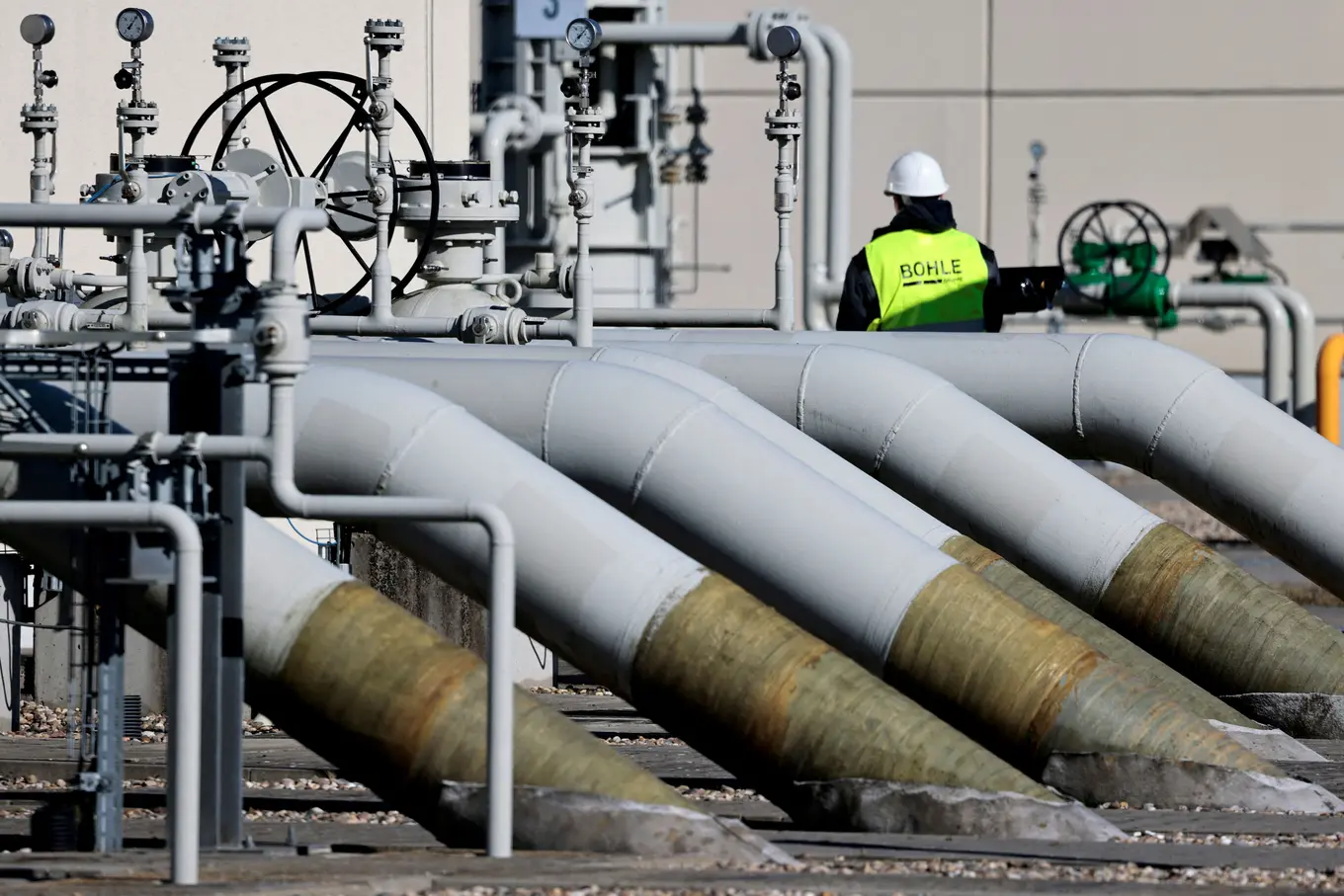German Chancellor Friedrich Merz has made his position clear: the Nord Stream 2 pipeline project must be buried for good. During Ukrainian President Volodymyr Zelensky’s recent visit to Berlin, Merz reaffirmed his stance. His government, he said, “will do everything to ensure that Nord Stream 2 is never put into operation.” This declaration marks not just a shift in energy policy, but a broader geopolitical and strategic realignment for Germany.
Germany’s Energy U-Turn: A Farewell to Illusions
Once hailed as a key to Germany’s economic future, the Nord Stream pipelines symbolized energy security and partnership. At the launch of Nord Stream 1 in 2011, then-Chancellor Angela Merkel described it as “one of the greatest energy infrastructure projects of our time.” Russian gas was seen as the fuel of Germany’s industry, especially after the decision to phase out nuclear power. At the time, Russia was considered a reliable partner.
The 2022 Russian invasion of Ukraine shattered those assumptions. Nord Stream 2 never went into operation. In February of that year, Germany halted its certification process. Meanwhile, Russia began reducing gas flows through Nord Stream 1. Then in September, explosions damaged both Nord Stream 1 pipelines and one of Nord Stream 2’s lines. To this day, the culprits behind the sabotage remain unidentified.
Merz’s stance reflects a deeper strategic shift. “The days when German politicians were deluded about the nature of the Russian regime are over,” he recently stated. He sees the policies of his predecessors as a fundamental mistake. But not everyone is ready to support this sharp break with the past.
The U.S. Changes Course — And Complicates Berlin’s Strategy
Ironically, it was the United States that once led the charge against Nord Stream 2. Beginning in 2017, the U.S. Congress passed multiple sanctions packages aimed at blocking the project. In 2020, Republican Senator Ted Cruz even accused Germany of “making itself dependent on the energy mafia.”
Yet today, U.S. attitudes appear to be shifting. According to Bild, former U.S. Ambassador to Germany Richard Grenell reportedly met several times in Switzerland with Russian officials to explore whether an American company could take over the pipeline. One interested party is American businessman Stephen Lynch, a known financial backer of President Donald Trump’s campaign.
The project has already taken a tentative step toward revival: Gazprom’s Swiss-based Nord Stream 2 subsidiary recently avoided bankruptcy. And as Politico has reported, the Biden administration is considering lifting sanctions against the pipeline — potentially as part of a broader negotiation with Russia over the war in Ukraine.
So far, Europe has been left out of these discussions. But Merz may soon have the chance to bring his concerns to the table. This Thursday, he is set to meet President Trump at the White House — and Nord Stream 2 is likely to come up.
Resistance from Within: Eastern Germany Pushes Back
But it’s not just Washington that Merz must navigate — he also faces domestic resistance. In several eastern German states, support for renewing ties with Russia remains strong. One of the most vocal proponents is Saxony’s Minister-President Michael Kretschmer, a fellow CDU member. Speaking to Die Zeit, he said:
“As long as we say we don’t want anything — no gas deliveries, just more sanctions — no one will want to talk to us.”
Kretschmer has suggested that Germany should once again import up to 20% of its gas from Russia, arguing this would help stabilize the economy. Other political leaders, including Thuringia’s conservative Minister-President Mario Voigt and Brandenburg’s SPD leader Dietmar Woidke, have also floated the idea of resuming economic cooperation with Moscow.
Within the federal SPD parliamentary group, the idea is not unwelcome either. Nina Scheer, the SPD’s energy policy spokesperson, recently told Politico that U.S. sanctions against Nord Stream 2 were illegal from the start. In a Bundestag speech, she argued that Germany had now become dependent on American liquefied natural gas — a new form of vulnerability, in her view.
The EU Throws Merz a Lifeline: A Continental Energy Break
Yet Merz has found an unexpected ally in Brussels. European Commission President Ursula von der Leyen is preparing a new sanctions package that explicitly includes Nord Stream 1 and 2. Her goal is to block any attempt at reviving the pipelines.
Merz has endorsed the move. In mid-May, he voiced support for “European measures against Nord Stream 2.” Von der Leyen also has a broader plan: she wants the EU to become completely independent from Russian gas by 2027. Hungary, however, has already stated it will not support such an embargo.
A Geopolitical Chess Game — and an Unstable Position for the Chancellor
Merz now stands at the center of a complex geopolitical triangle. On one side, pressure from his coalition and parts of the German public; on the other, unpredictable signals from the United States. Meanwhile, Brussels is pushing ahead with a radical energy strategy of its own.
The future of Nord Stream 2 is no longer just a German issue. It will be decided in Berlin, yes — but also in Washington and Brussels.
Merz is taking a political gamble, betting on a long-term shift in Germany’s global posture. But his position remains fragile — and the very statements he makes today may return to haunt him tomorrow.
This article was prepared based on materials published by Neue Zürcher Zeitung. The author does not claim authorship of the original text but presents their interpretation of the content for informational purposes.
The original article can be found at the following link: Neue Zürcher Zeitung.
All rights to the original text belong to Neue Zürcher Zeitung.


















